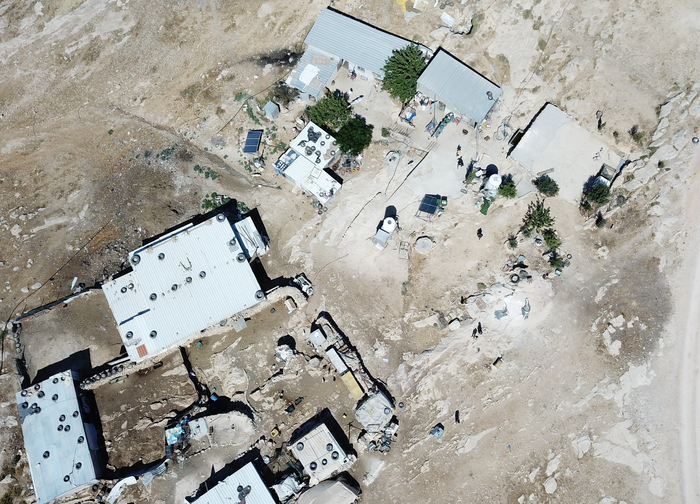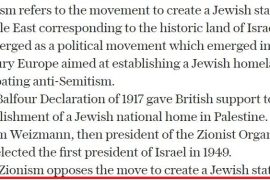Earlier in the month, Israel’s Supreme Court ruled, in a unanimous decision, that the IDF could evict around 1,300 Palestinians living in eight villages in the South Hebron Hills, after a legal battle lasting over 20 years. The court determined that the Palestinian petitioners hadn’t proved that they lived in the villages as permanent residents before the army declared the area a training zone in the early 1980s, but that they only occasionally entered the area during seasonal migration. This means that, legally, they have no rights to the land.
Israel’s Supreme Court – though demonised at times by the far-left and far-right – has long been praised for its independence, and, as the human rights organisation Freedom House has written, it “has historically played a crucial role in protecting minority groups and overturning decisions by the government and the parliament when they threaten human rights”.
Before the court ruling, Palestinians turned down an Israeli compromise offer that would allow them to cultivate the land and herd livestock there on the weekends and Jewish holidays, when the army doesn’t conduct drills.
An article by Guardian Jerusalem correspondent Bethan McKernan (“In the firing zone: evictions begin in West Bank villages after court ruling”, March 22) reported on issues surronding the court decision, and introduced a significant innacuracy several paragraphs into the piece:
About 18% of Area C, the West Bank under full Israeli control, has been repurposed since the 1970s as “firing zones” for IDF use. According to the minutes of a 1981 ministerial meeting, the then agriculture minister, Ariel Sharon, who later became prime minister, proposed creating Firing Zone 918 with the explicit intention of forcing local Palestinians from their homes.
However, the actual minutes say “I want to tell the representatives of the general staff, we want to offer you additional training areas. Additional training areas must be closed in at the border, [between] the bottom of the Hebron Hills and the Judean Desert. In light of that phenomenon – the spreading of the Arab villagers on the mountainside toward the desert.”
Clearly, Sharon said the purpose is to prevent the spread of Arab villages towards the desert. He didn’t say anything about “forcing local Palestinians from their homes” as the Guardian claims. Further, the court found that, prior to 1980, there were no permanent residents in the area.
Later, McKernan writes:
In Jinba, a community that has lived in the cool hillside caves since the days of the Ottoman empire, the Bakar family is regularly harassed by Israeli settlers and the army.
This is egregiously misleading. Jinba is one of the villages within Masafer Yatta – part of the firing zone that the Surpeme Court determined was not inhabited by Palestinians permanently until the 1990s. To the degree that Jinba has been a “community” since Ottoman times, it hasn’t been a commuity for the Palestinians, such as the Bakar family, in question.
Also omitted by the Guardian, per the court decision:
- Some of the complainants have permanent homes in the nearby village of Yaata.
- The Palestinian petitioners did NOT provide any documentation of ownership of the land.
- The Palestinian petitioners breached orders not to build while the matter was under discussion in court, and they built illegal structures without permission.
- The army, on the other hand, did respect the court order intended to maintain the status quo and did not evacuate people nor use the area for training during that time.
These are just the outright errors and omissions in a one-sided and extremely tendentious piece by McKernan, a Guardian correspondent who, we continue to show, is among those coverinig ther region who believe their job – inconsistent with the demands of ethical journalism – is to promote the ‘voice of Palestine’, rather than provide readers with an accurate and impartial account of the relevant facts.





